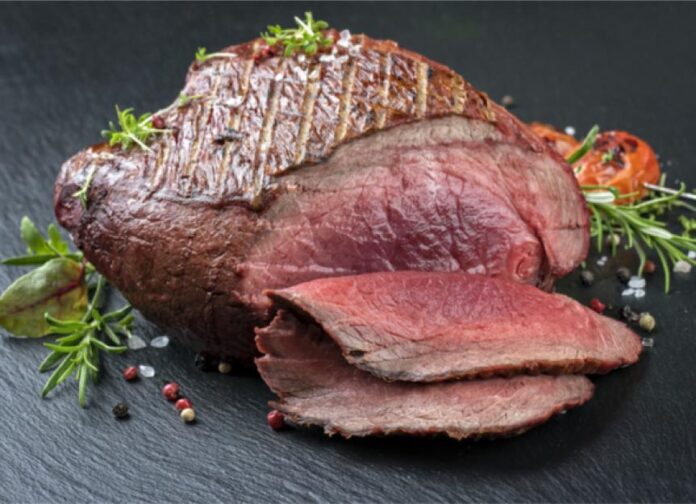Understanding the Nutritional Benefits of Venison for Dogs
As pet owners increasingly seek healthier alternatives for their furry friends, venison, or deer meat, has emerged as a popular ingredient in commercial dog foods. While venison contains less protein than beef, it offers significant advantages in terms of fat and cholesterol content, making it an appealing choice for a balanced canine diet.
The Nutritional Profile of Venison
Venison is rich in essential B vitamins and vital minerals such as zinc, phosphorus, and iron. These nutrients are crucial for maintaining healthy energy levels in dogs. Moreover, many dogs find the taste of venison particularly enjoyable, adding to its appeal as a protein source.
Ideal for Dogs with Food Sensitivities
For dogs that suffer from food sensitivities or allergies to more common protein sources like beef or chicken, venison can be an excellent alternative. As a novel protein, it can help to mitigate allergens and alleviate skin irritations tied to food-related issues.
Understanding Venison in Pet Food Labels
When searching for quality dog food, you may come across the term “venison meal.” This refers to a rendered meat concentrate that provides a higher protein content than fresh venison, making it a premium ingredient in many commercial pet foods.
Incorporating Venison into a Homemade Diet
Venison can also be included in homemade raw-food diets tailored for dogs. However, it’s important to consult with a veterinarian before transitioning your dog to a raw-food meal plan to ensure all nutritional needs are met.
In summary, venison offers a wealth of nutritional benefits for dogs, particularly for those with dietary restrictions. Whether found in commercial dog foods or included in homemade diets, this lean protein source can contribute to your pet’s overall health and well-being.











